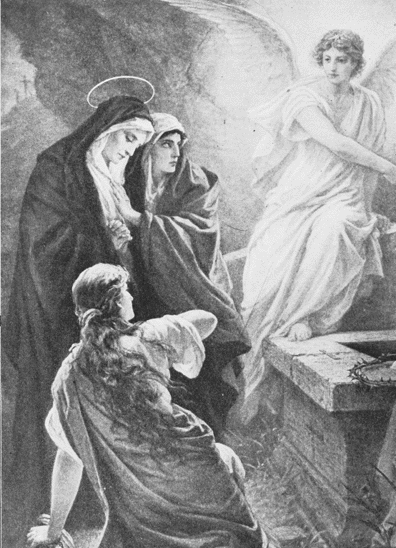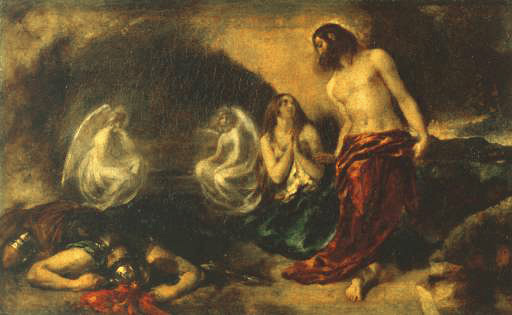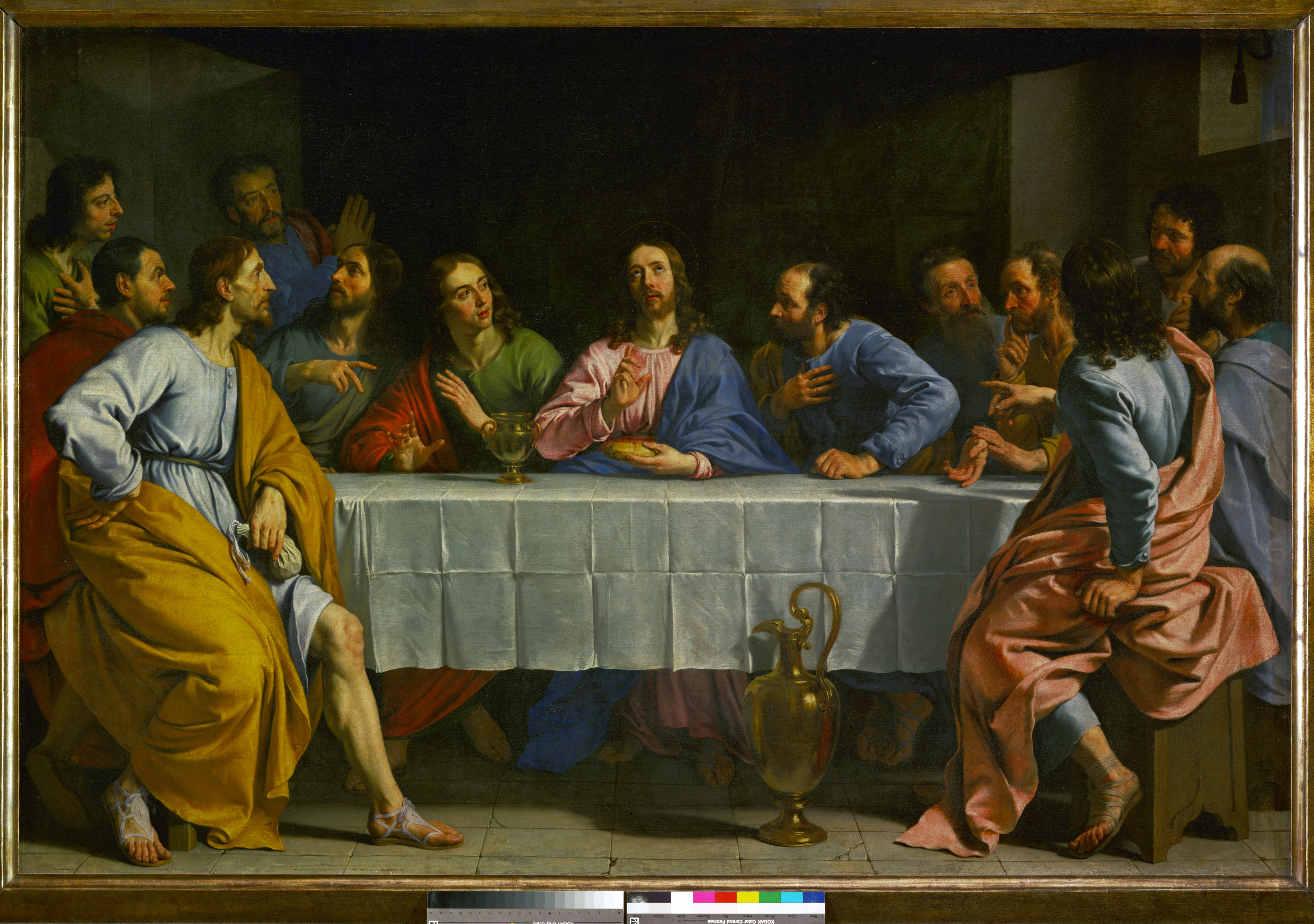by Jeffrey Tucker
Last month, the number of choral scores available at the
Choral Public Domain Library passed the 10,000 mark. This is a massive music library, and a spectacular one not only for its price ($0) but also for the huge range available that does not exclude the very music named by the Second Vatican Council as proper to liturgy.
The polyphonic tradition of the Renaissance had fallen out of use in the 1970s but as you look back further to evidence from preconciliar times, back to early in the 20th century, and the 19th century too, you see scant evidence of a broad use of the best music of the 16th century.
This might have been due to the relative difficulty of obtaining it. I can recall the days before CPDL and scouring the library's collected works volumes for these pieces and feeling overwhelmed and lost, and once having found a piece, looking to purchase it and having terrible trouble getting from here to there. Cathedral musicians might have had the resources and ability to seek and obtain, but not regular parishes.
Today, all is changed. I am not surprised that there is a whispering campaign against CPDL, given the number of entrenched commercial interests that it threatens. We are told that the editions are riddled with errors (exaggeration, and, in any case, with digital publishing, errors can be reported and fixed), that the music is actually illegal (ridiculous, and if there are plaintiffs with standing, let them come forward now), and that it will drive established Catholic music publishers out of business.
Let me address that last point. I don't doubt that its existence portends a dramatic upheaval in liturgical music publishing in the next few years. It was about 40 years ago that the industry went through another upheaval, with older companies dying and new publishers appearing. It was an astonishing thing to behold. Some companies made the transition, however, by adjusting to new realities. You know their names.
So it is today. There will be adjustments made all around. Rather than seethe and smear, the companies that are grousing about CPDL might consider adjusting their business model. Otherwise, they will find themselves like the newspaper industry today, which is melting into oblivion. I don't pretend to know what the future of music distribution is but we can be pretty certain that it will be different from the past.
Catholic parishes are famously unwilling to devote resources to their music programs, at least as compared with other Christian houses of worship. In particular, parishes have been unwilling to pay musicians. This is not just a bad habit; it is an entrenched feature of Catholic life and has been for a very long time.
Just the other day, I was reading a music catechism from 1936 that came close to anathematizing the payment of musicians in parishes, since their reward will be in heaven. Somehow the rule has not been so dogmatically applied to architects, grounds keepers, or the providers or water and electricity to parish grounds. No parish would reply to the water bill with the note that "we will not pay you because your reward will be in heaven."
Perhaps the new savings on sheet music will open up opportunities to invest in musical talent at the parish level. There is no question that a massive change is needed in this regard; perhaps the digital age will finally kick this movement in gear, so that the scarce resources fund people at the parish level rather than distant corporations.
What excites me most is how CPDL has given new life to the music of the Church, and done so at a time when this has never been more needed.
Source: NLM
 For April 12, 2009 which is the Resurrection of OLJC, we are going to sing:
For April 12, 2009 which is the Resurrection of OLJC, we are going to sing:

